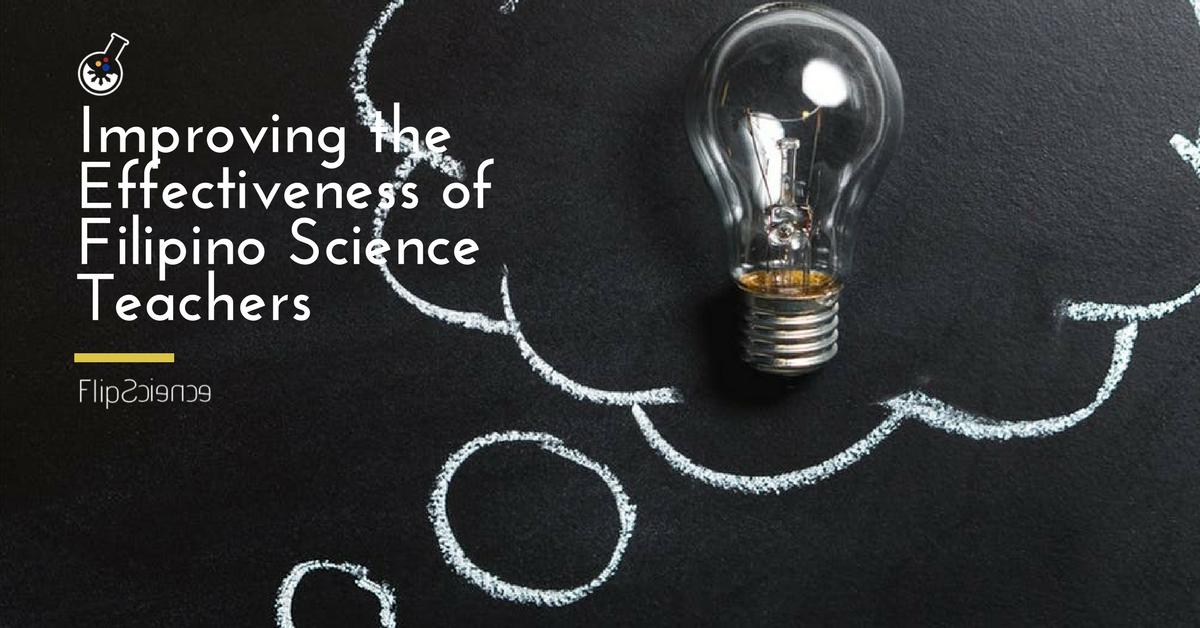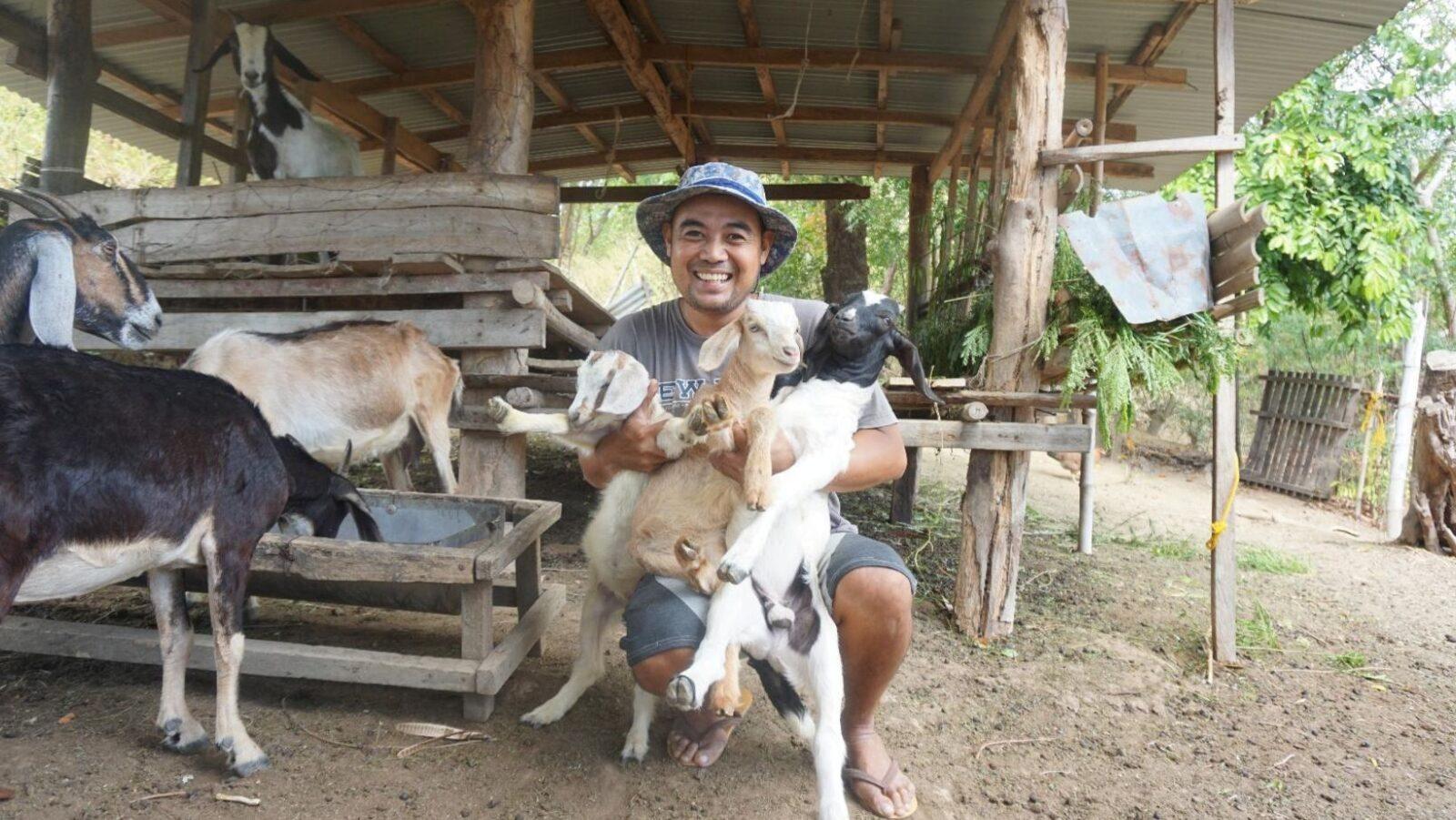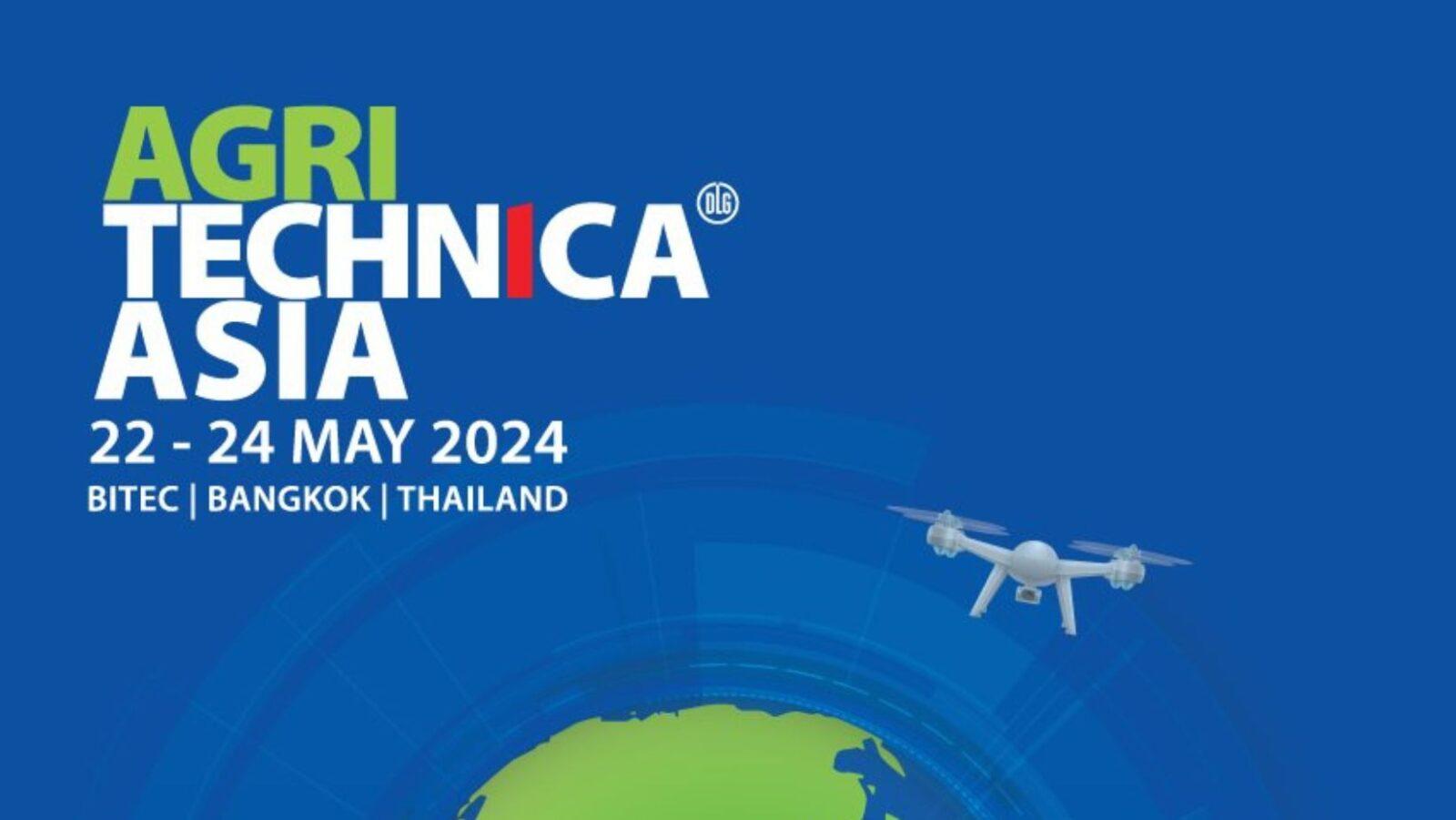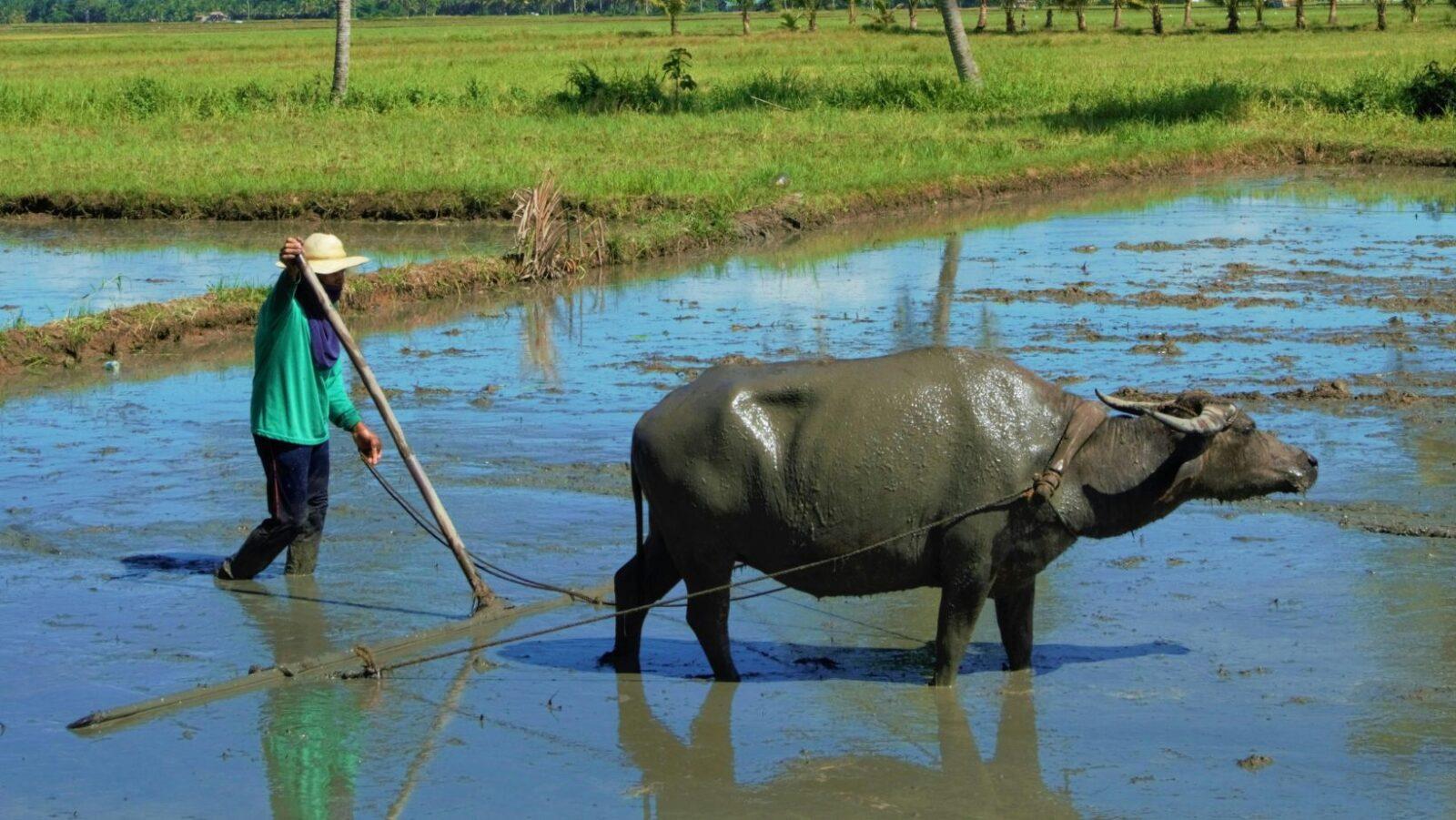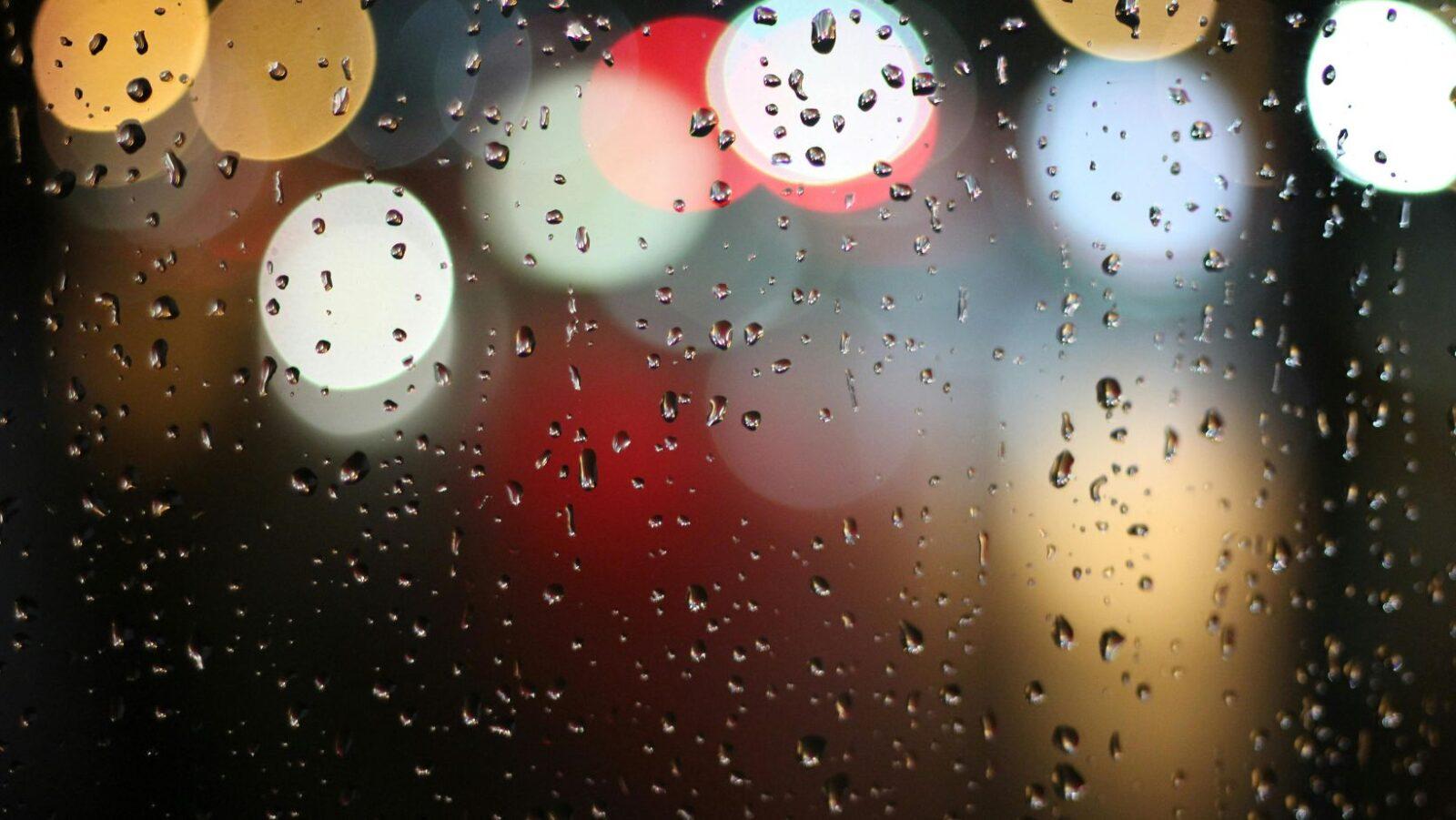Not all scientists started their quest for knowledge looking like Albert Einstein. They weren’t wearing lab coats, spewing theorems and equations, or wielding flasks and beakers when they started.
Most of them were just precocious little boys and girls with an insatiable thirst for knowledge about the natural world and how it works. How and why does it rain? What pollutes water? How do we catch diseases? What’s on the moon? They wondered a lot and asked questions which, when answered, prompted even more questions.
The magnanimous task of nurturing young minds and guiding them on the systematic process of discovery falls on the shoulders of science teachers.
In other words, if you happen to like or disdain science, chances are your elementary teacher greatly influenced how you regard it now.
After all, textbooks merely contain the facts. It’s the teachers who link up these facts and transform them into something exciting and useful. They do this for students to gain a better understanding of the natural world, anchored with observable physical evidence.
Unfortunately, for professionals in the Philippines, the noble goal of empowering the youth may not be enough to persuade them to teach science here.
Incentivizing – for science!
According to the Department of Education (DepEd), the country still needs “a huge army of teachers.” Hiring Science and Math teachers is particularly challenging, according to Education Secretary Leonor Magtolis Briones.
In a bid to address this, the DepEd has allotted PhP15.5 billion for the hiring of 53,831 teachers out of its PhP567.56 billion total proposed budget this year. Support comes in the form of the PhP65.4 billion earmarked for the construction of 47,492 classrooms (including 10,000 classrooms for replacement); PhP43.9 billion for the construction of 17,562 laboratories; PhP7.3 billion for 7,260 TechVoc tools and equipment packages; PhP6.9 billion for 30,697 ICT packages ; PhP4.5 billion for 8,833 Science and Math equipment packages; PhP4 billion for hiring 13,266 non-teaching items; PhP3 billion for 55.8 million learning materials; and PhP2.5 billion for 51,492 school seat sets as additional basic resources in support of the K to 12 curriculum.
Above entry-level salary grades await graduates of Science and Technology courses under the Junior Level Science Scholarships (JLSS) of the Department of Science and Technology-Science Education Institute (DOST-SEI). As mandated by the Implementing Rules and Regulations of Republic Act 10612, s. 2014, qualified graduates are to be hired as Special Science Teachers with salary grade level 13. Scholar-graduates may also take part in a teacher training program that will qualify them to take the Licensure Examination for Teachers (LET).
DepEd also encourages graduates of Science, Math, or Engineering courses without LET certification, graduates of technical-vocational courses with TESDA certifications, and practitioners with expertise in specialized learning areas laid out in the K to 12 program to apply as part-time senior high school (SHS) teachers.
Devoted educators
There’s a sliver of hope, though, as long as there are teachers like Sandra Nequito and Maria Elena Pinlac, who had long ago answered the DepEd’s call of duty for the simple joy and passion for teaching.
For more than 25 years, Teacher Sandra has been teaching Science to Grades 5 and 6 students at Santa Cruz Elementary School in Laguna, after obtaining her Bachelor of Elementary Education (BEED) and an MA in teaching Science.
She says “determination and dedication” drives her to continue teaching Science despite more lucrative opportunities. She also values excellence and continuous improvement in everything she does, citing constant observation audits and checks by school administrators which she actually welcomes.
“Natutunan ko na dapat laging handa. Ganun din dapat ang mga students, laging handa at may cooperation.”
Teacher Elena has been teaching for only 13 years. However, like Teacher Sandra, she already has a wealth of experience from teaching Biology to Grades 10 and 11 students at the Philippine Science High School (PSHS) Main Campus in Quezon City. The BS Molecular Biology and Biotechnology graduate from the University of the Philippines shares:
“Mahirap magturo ng mga abstract na konsepto katulad ng cell, evolution at biomolecules. Mas madaling ituro ang mga bagay kung saan nakaka-relate ang mga estudyante, katulad ng ecology at body systems,”
Echoing the DepEd’s earlier call for expert practitioners to teach, she explained that at PSHS, college graduates can teach as long as their course is related to the subject matter. PSHS teachers are also encouraged to take graduate studies and education units.
The science of being a great science teacher
To become an effective science teacher, Teacher Elena emphasizes the following.
“Kailangang may sapat na kaalaman sa subject area, creative at engaging sa pagpapaliwanag ng mga konsepto, at kayang i-relate sa pang-araw-araw na buhay ng mga estudyante. Ito ay para maiwasan ang paglaganap ng misconceptions, at para rin mabigyang halaga ng mga mag-aaral ang natututunan nila.”
In 2011, the DOST-SEI and the University of the Philippines National Institute for Science and Mathematics Education Development (UP NISMED) published a “Framework for Philippine Science Teacher Education.” This prescribing the following qualities of effective science teachers (Chapter 3): professional knowledge, professional practice, and professional attributes.
The effectiveness of science teachers comes from “their confidence of the subject matter, how to teach it (pedagogy), and their attitude.” As stated on the Framework, “Truly inspirational science teaching occurs when a teacher is not only enthusiastic about the science topic being taught, but also understands that topic fully in order to present it in a comprehensible and meaningful way to each learner.”
Knowledge, creativity, and grit
In Teacher Elena’s case, a Science teacher’s impact rests on these simple things — knowledge, creativity, and grit. Teaching is easy, said no one ever. Making sense of scientific facts to transform them into something useful and relevant to everyday life, and pushing on despite limitations, make teaching a noble profession.
“Kung minsan, mahirap makuha ang interes ng mga estudyante, lalo na’t sanay sila sa constant sensory input na dulot ng teknolohiya. Isa ring hamon ay ang maturuan ang mga kabataan ng critical thinking, lalo na ngayong laganap ang fake news. Marami ring issue, katulad ng climate change, na kailangang gumawa ng informed and educated decisions ang mga tao.
“At kailangan ding maituro sa mga bata na ang pagiging estudyante ng agham ay hindi lang para sa sariling interes kundi para sa ikauunlad ng lipunan at ikabubuti ng lahat.”
Acknowledging the many challenges faced by science teachers, teachers like Sandra and Elena remain firm, hopeful, and inspired to make a difference. –MF

Author: Faye de Jesus
Faye de Jesus is a freelance writer and communications specialist with over 15 years of experience in corporate messaging and branding, PR, media and stakeholder relations. She volunteers for education- and learning-centered projects and likes sharing her love for books, reading, and learning with children.

